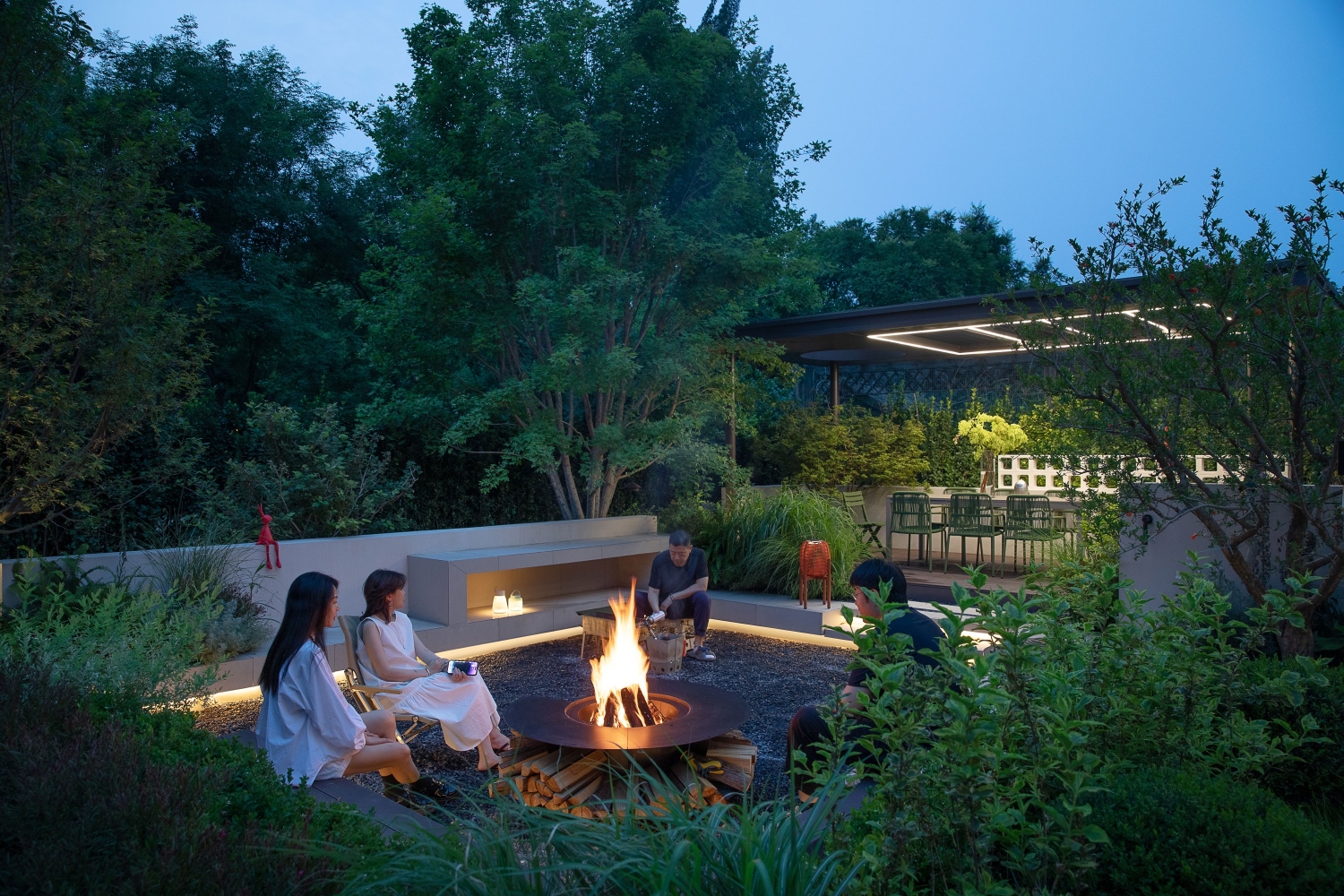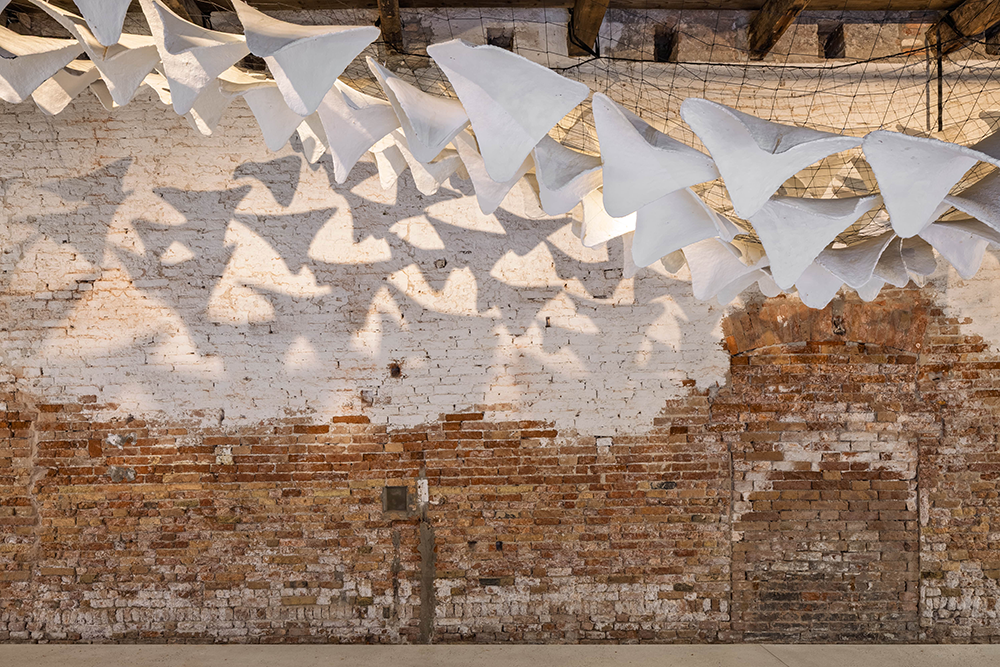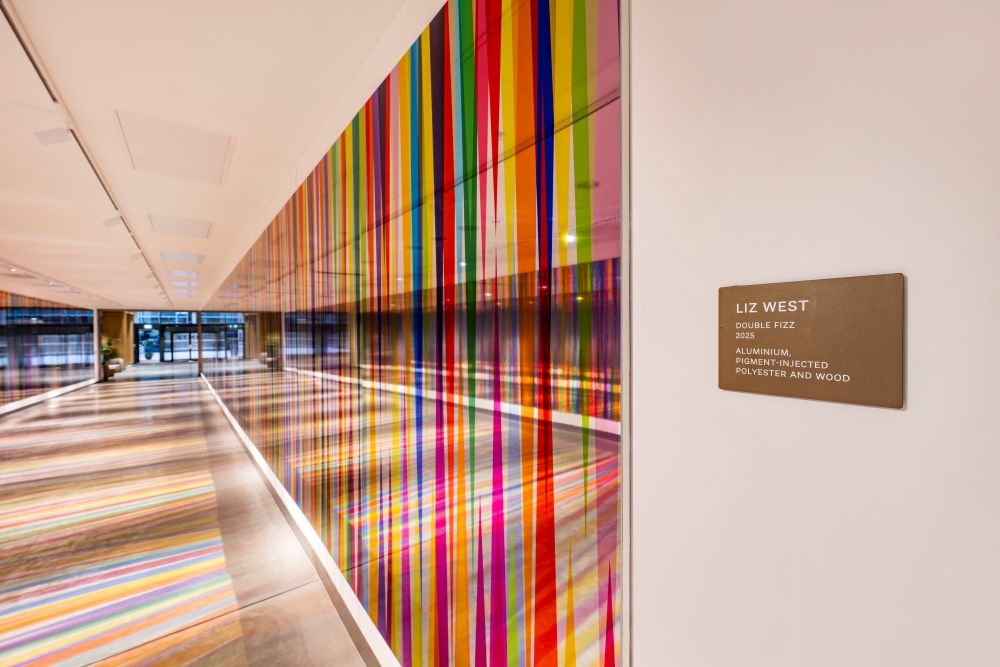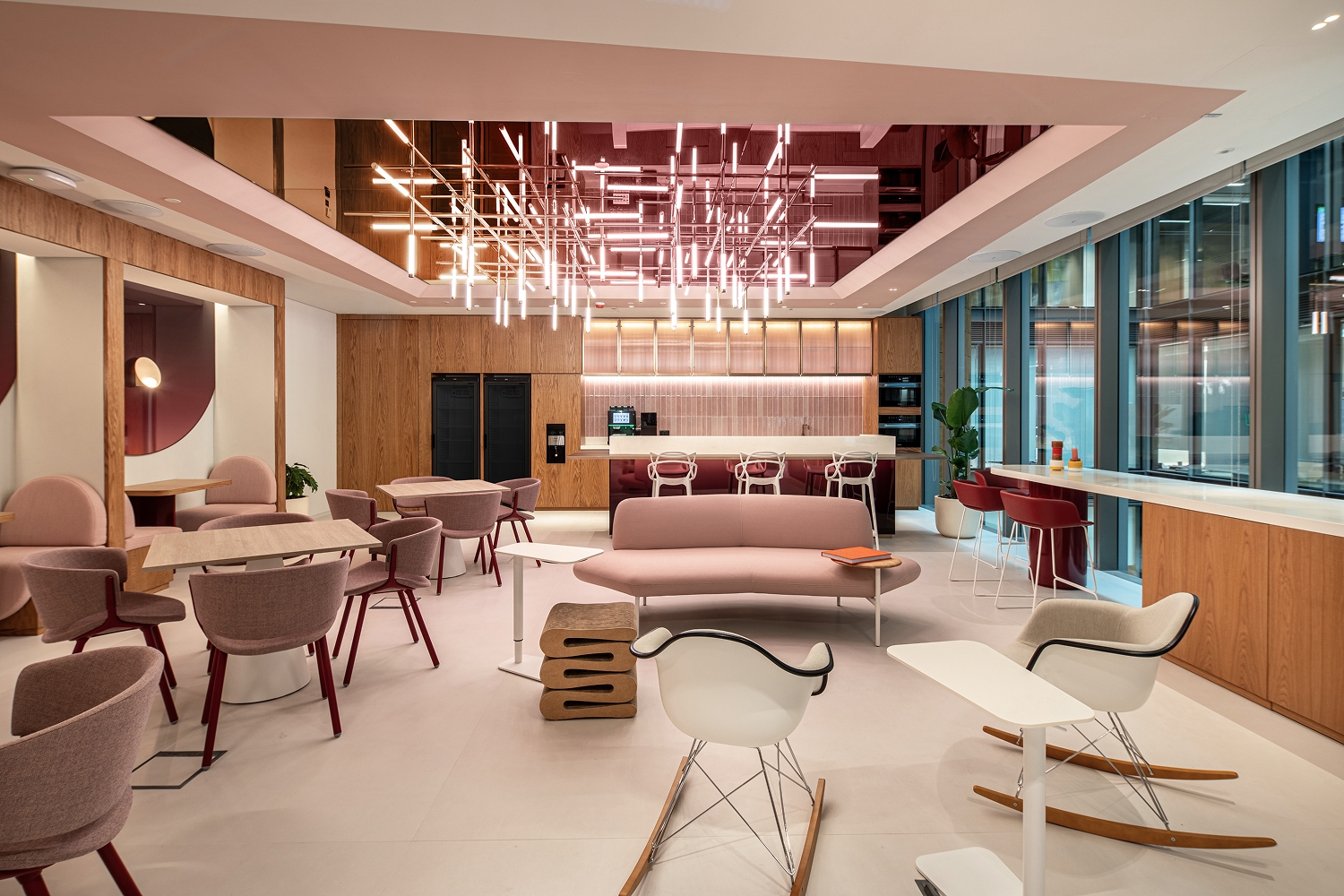Arshia Architects, a Los Angeles-based architecture and design studio, has designed the LIT Lighting Design Awards Trophy. In conversation with D5, the Arshia Architects team is looking back at the original Trophy idea and their creative process.

Can you please share more about your company and work?
Founded in 2006, Arshia Architects is a Los Angeles-based architecture and design studio dedicated to the exploration of space and the built environment. We are committed to new ways of thinking in space that provide unique solutions to the complex challenges and parameters that affect architecture.
The practice has been recognized with citations and awards from the American Institute of Architects, the Los Angeles Architecture Award, the International Interior Design Association, and the Japan Architect Award. This body of work has been published internationally and was selected by ACADIA and the Museum of Contemporary Art (MOCA) as one of the participants in the first retrospective exhibition on Contemporary Architecture in Southern California – focused on the top 35 radical practices to emerge within the past twenty-five years.
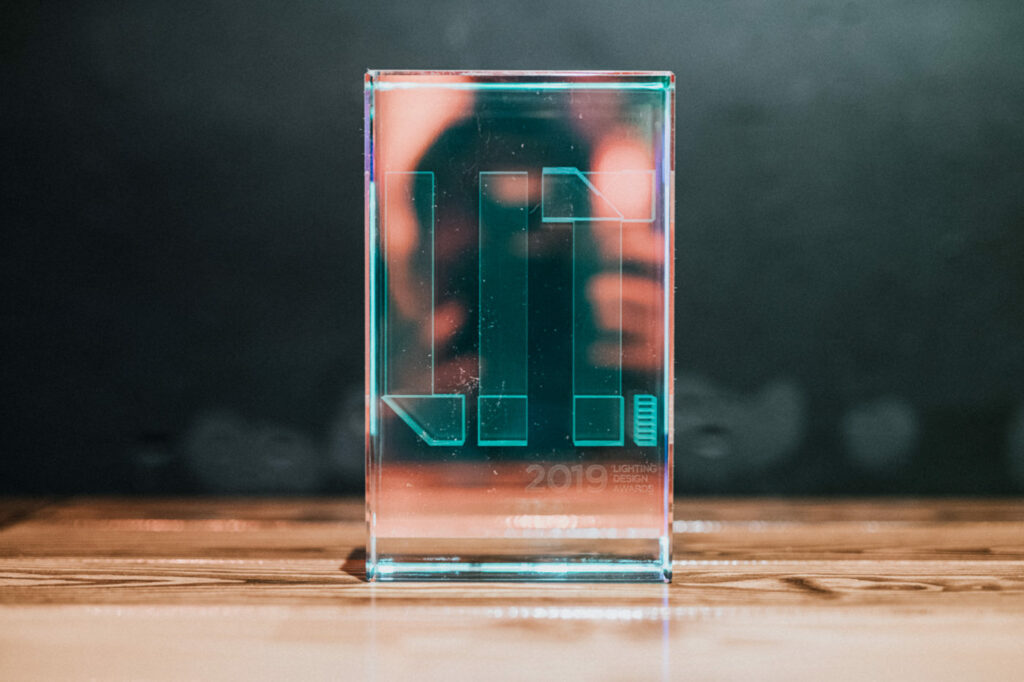
What does the LIT trophy represent? What did you want to achieve?
In 1704, Isaac Newton, in his book Optiks, concluded through experiments with prisms that colours must already be present in white light and that the effect of prism dispersion was qualitative. “In them, there is nothing else than a certain power and disposition to stir up a sensation of this or that color.” Newton’s assessment became the seed of a fundamental transformation in metaphysics leading to John Locke’s assessment of primary vs secondary quality distinction concerning the nature of reality itself.
To Locke, reality was made of two characteristics: the primary quality, which are qualities that are independent of the observer such as solidity, extension, motion, number and figure; and secondary qualities, which are those properties that produce sensations in observers, such as colour, taste, smell, and sound.
Using light as the denominator of this distinguished award, we centred our thought on the query of light itself as an elusive object. Our principal objective was to extract the primary quality of light and provide it with a corporeal form. The question leading us to the final product was the “how” because although light can certainly be categorized by its dense secondary qualities, it still bears a primary quality as a physical object that behaves in wave and particle duality. We were interested to capture this quality in the most basic form.
What was the creative process behind designing LIT Awards Trophy?
We started with the logo base of the award, which we thought was a very well-designed and appropriate object. The logo represented spectral characteristics of light beautifully in a minimal design. We extruded this object in three dimensions and looked at ways of incorporating this into a design. Our main objective was to capture the fleeting quality of light, so the resulting object could not be anything solid or weighted. We thought crystals aptly represent such quality through their purity of material that allows light to trespass without a tax. Laser engraving technology allowed us to enhance the lightness of the concept by floating the resulting extruded shape inside the crystal object.
To remove the obvious characteristics of the crystal form, we used the dichroic film by 3M, which was applied to the surface of the crystal body to shape-shift the resulting product in response to ambient light factors. Dichroic films are a multi-layer optical film technology that reflects colours different than the colours in transmission, thus dissecting the general white light into the spectral range. The dichroic film achieves this quality, on a flat surface, without the need for a prismatic extrusion.
This quality allowed us to eliminate the need for an embedded artificial light source inside the object and utilize the natural ambient light to create the lighting effect.





